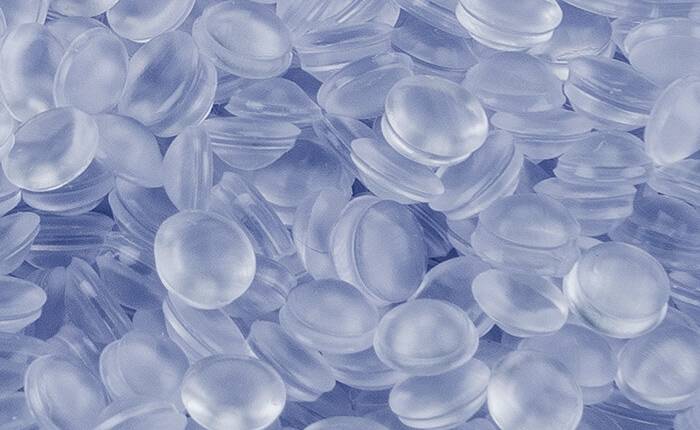Oct . 07, 2024 19:33 Back to list
pvc drainge pipe
Understanding PVC Drainage Pipes Benefits and Applications
PVC drainage pipes have become a staple in modern plumbing and construction due to their versatility, durability, and cost-effectiveness. These pipes are made from polyvinyl chloride (PVC), a type of plastic that is both lightweight and strong, making it an excellent choice for various drainage applications.
One of the primary advantages of PVC drainage pipes is their resistance to corrosion and chemical damage. Unlike traditional metal pipes that can rust and corrode over time, PVC is impervious to many harsh substances, including acids and salts found in soil and wastewater. This resistance ensures a longer lifespan for the pipes, reducing the need for frequent replacements and maintenance. As a result, PVC drainage systems are ideal for residential, commercial, and industrial applications.
Understanding PVC Drainage Pipes Benefits and Applications
Moreover, PVC drainage pipes offer excellent flow characteristics. The smooth interior surface of PVC minimizes the friction that can impede the flow of water and debris, allowing for efficient drainage. This smooth finish also helps to prevent the buildup of sediment and clogs, which are common issues in drainage systems. As a result, PVC pipes can maintain effective drainage over time, ensuring that water is directed away from critical areas, such as foundations and landscaping.
pvc drainge pipe

In addition to their functional benefits, PVC drainage pipes are also environmentally friendly. PVC is recyclable, and many manufacturers produce pipes using recycled materials, which helps to reduce waste. Furthermore, the energy used in the production of PVC pipes is lower compared to other materials, making them a more sustainable choice for modern infrastructure.
When considering the applications of PVC drainage pipes, they are widely used in residential areas for roof drainage, stormwater management, and wastewater systems. In commercial settings, they are prevalent in managing site drainage and industrial waste. Additionally, PVC pipes can be found in agricultural applications, where they help in the efficient drainage of fields and irrigation systems.
While PVC drainage pipes are highly beneficial, it is essential to choose the right type and size for specific applications to ensure optimal performance. Factors such as soil conditions, climate, and intended use all play a role in determining the appropriate drainage solution.
In conclusion, PVC drainage pipes are a reliable and effective solution for various drainage needs. Their durability, ease of installation, excellent flow characteristics, and environmental benefits make them an ideal choice for both residential and commercial applications. As infrastructure continues to evolve, the role of PVC drainage pipes will remain pivotal in ensuring efficient drainage systems that safeguard properties and enhance overall functionality.
-
High-Quality PPR Pipes and Fittings Durable ERA PPR & PVC PPR Solutions
NewsJul.08,2025
-
Black HDPE Cutting Board - Durable, Non-Porous & Food Safe HDPE Plastic Cutting Board
NewsJul.08,2025
-
High-Quality CPVC Panel Durable HDPE & PVC Panels Supplier
NewsJul.08,2025
-
Double PE Welding Rod Supplier - High Strength, Durable & Versatile Welding Solutions
NewsJul.07,2025
-
High-Quality PVC-O Pipe Supplier Durable 75mm PVC Pipe & Connections Leading PVC Pipe Company
NewsJul.07,2025
-
HDPE Drainage Pipe Supplier – Durable & Corrosion-Resistant Solutions
NewsJul.06,2025

